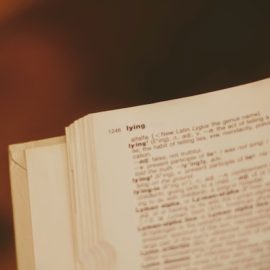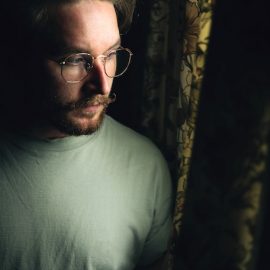The lingering effects of childhood abuse can manifest in complicated ways, shaping how adult survivors of abuse see themselves and how they interact with others. Many survivors of childhood abuse adopt coping strategies to manage the psychological after-effects of the abuse, even if those strategies remain largely automatic or subconscious.
Understanding the Habitual Liar

A habit, according to Merriam-Webster dictionary, is “an acquired mode of behavior that has become nearly or completely involuntary.” We all have certain behaviors that have become habitual, actions so automated that we have no awareness we are engaging in them. Driving is a well-known example of a complex series



